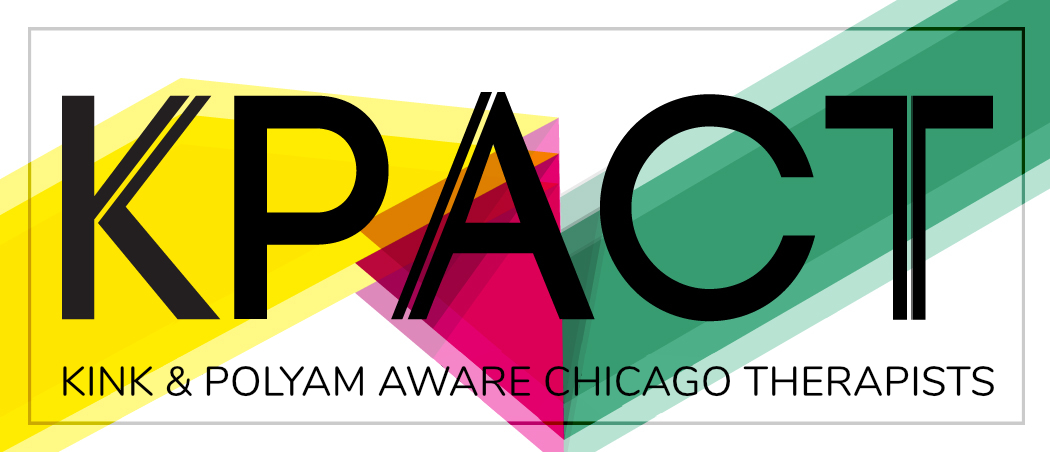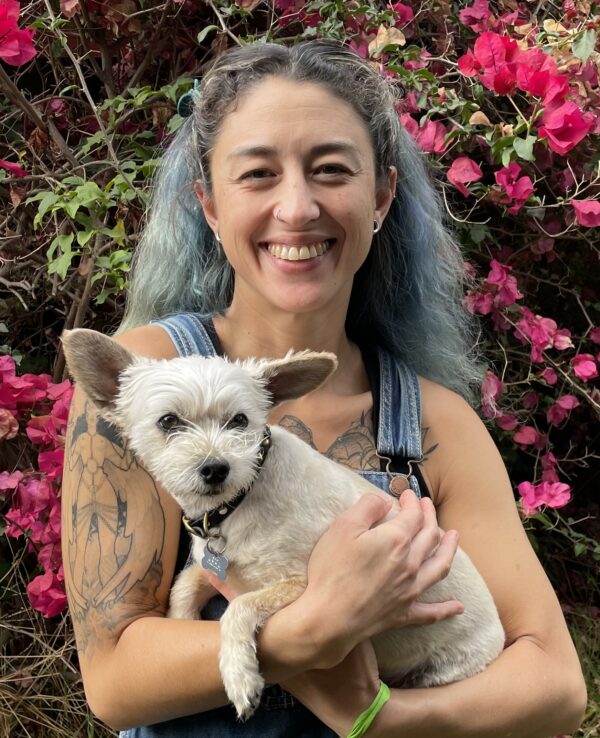In our October education event, Rachel Yukimura will be providing an introduction to Surrogate Partner Therapy (SPT). We spoke with Rachel about her career path and how she came to be a Surrogate Partner Therapist. She shared about her background and what she feels is important to communicate to mental health professionals about SPT.
Speaker Interview
What is your history with Surrogate Partner Therapy?
I first heard about Surrogate Partner Therapy (SPT) through the sex worker community. I had moved to the San Francisco Bay Area several years prior, and in addition to working in the sex industry, I was diving into as many sexuality-related classes, workshops, programs, and certifications as I could get my hands on. I studied with Betty Martin, got certified in Sexological Bodywork, and took countless classes on a variety of BDSM practices. By 2018, I was searching for a profession that would combine my enjoyment of and aptitude for sex work with my desire to assist people in becoming more comfortable with their sexualities, even if (especially if!) they were coming from a place of shame, lack of experience, and/or trauma.
As soon as I took the Surrogate Partner Therapy training, I knew it was exactly what I was looking for! I started working with clients as soon as I completed the intensive portion of the IPSA (International Professional Surrogates Association) training and had two incredible mentors – Andrew Heartman and Cheryl King – with whom I collaborated until I was certified. I saw clients in person through the COVID lockdown, which meant I and my clients testing before every session we had. Though I am not taking on my own mentees (yet!), I currently enjoy teaching about Surrogate Partner Therapy to groups of mental
health professionals, students, and sex workers.
Why is this topic important to you?
I see so many people are struggling with their sexualities. Mainstream American culture gives conflicting messages about sexuality: sexuality is simultaneously shaming AND a dominant and driving force in our lives! Even in the San Francisco Bay Area in the year 2023, many of my clients are coming from conservative backgrounds and religious communities where sex was never discussed. People assume men know exactly what to do, magically, without any experience or education. Women are expected to learn everything from their male partners. Trans and non-binary experiences are violently repressed. People end up so confused and terrified about sex that they freeze, sometimes unable to even conceive of being in an intimate relationship. Or their inability to honor and communicate their desires can lead them to non-consensual acts of sexual aggression or assault. Our culture has a long way to go before we can live in sexually healthy ways. On an individual level, Surrogate Partner Therapy can be a path towards healing, on both an intellectual and a body-based level.
What is one thing you would like mental health professionals to know about this topic?
I would like mental health professionals to learn to recognize their unconscious biases regarding sex work and therapeutic sexual touch. Many therapists identify as “sex positive” but their professed acceptance of clients’ diverse sexualities falters or falls apart when it comes to paying for sexual services — including sex work and Surrogate Partner Therapy. In my opinion, there is nothing inherently wrong with paying for sexual services. Of course, there are risks involved in these transactions – but there are risks involved in most transactions. Sex-positive therapists can support their clients by helping them find safe ways to heal from sexual trauma, insecurities, and shame. In certain cases, I believe referring clients to a sex worker or surrogate partner might be the best course of action.
Rachel will be presenting “Introduction to Surrogate Partner Therapy,” a hands-on, somatic model of processing and healing issues of intimacy, sexuality, body image, relationships, and more on October 13, 2023 via Zoom.
Rachel Yuriko Yukimura has been a Surrogate Partner Therapy practitioner (IPSA-certified) since 2018 and a full-service sex worker since 2014. She is also a certified Sexological Bodyworker and is studying to become a Somatic Sex Educator.

